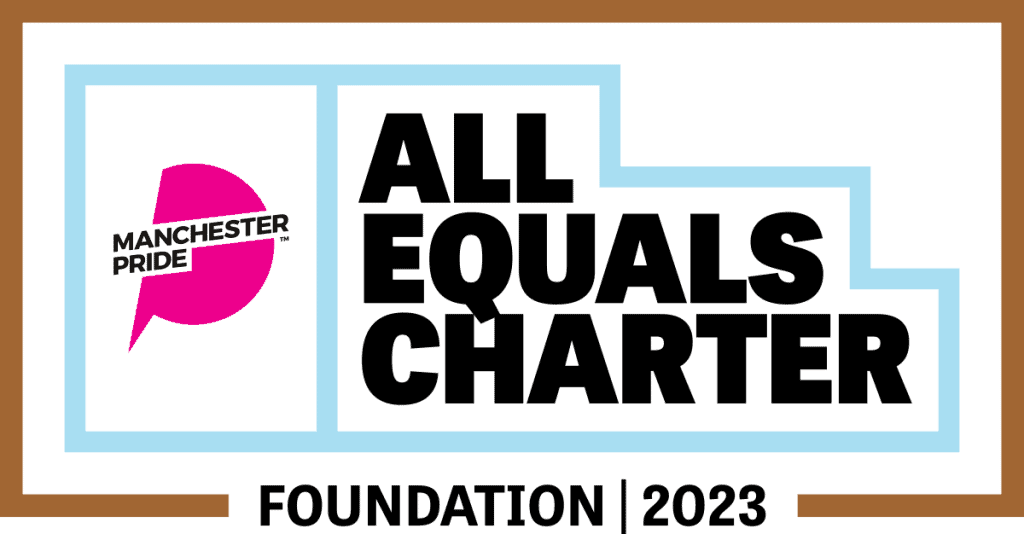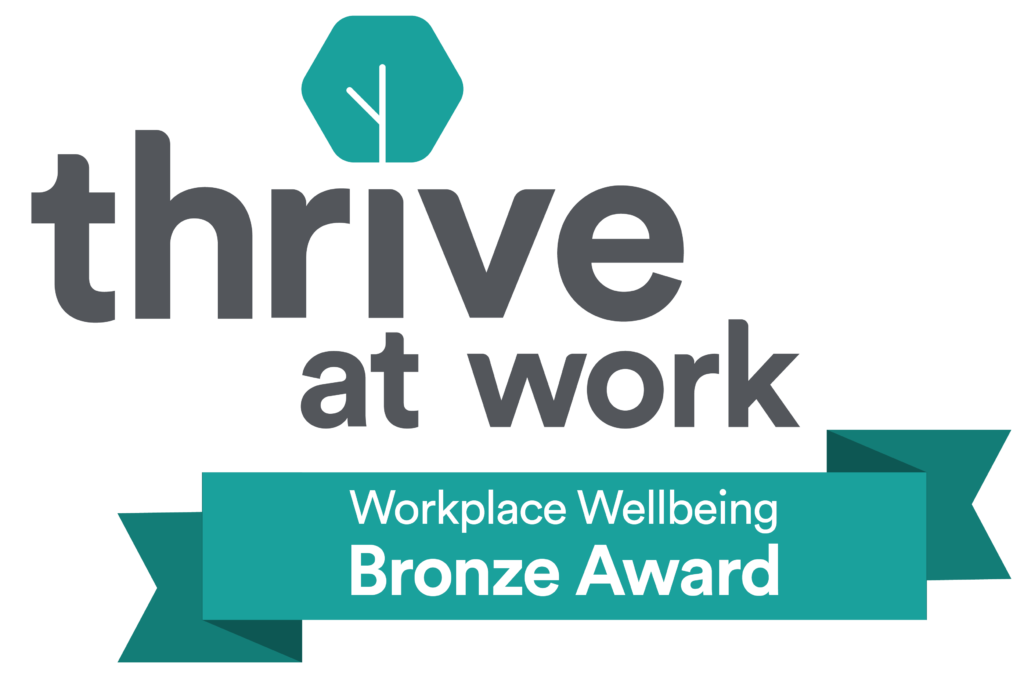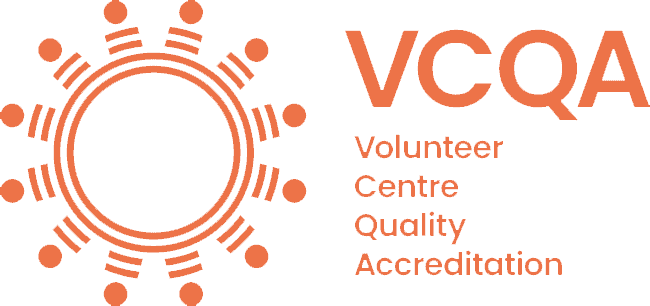Those who perhaps have more important things to do, won’t be aware that its Party Conference season – political parties that is. Over the next few weeks, the politicians who will be asking for your vote in about 12 months’ time, will begin to set their stall out. Its an important and interesting time for the voluntary sector as we start to look for snippets of policy that might be under consideration for political manifestos which may affect or involve our sector directly. Sometimes we even have some direct asks ourselves, though it’s been rather thin going in recent years as there has been a widespread apathy amongst politicians on the role of the voluntary sector. There are signs that may be beginning to change, and I encourage anyone who runs a charity or community group to start and think about contacting their MP, or finding out more about what the main parties are saying which might affect your world. The VCSE sector should not be passive recipients of government policy; we should be helping to shape it and where we align, to implement it. Plus where we misalign, to oppose it.
However, I want to encourage you to approach this with caution, and in particular to be on the lookout for what I am calling ‘bogeyman’ politics. There is unfortunately a bit of a tendency at the moment for some politicians, perhaps faced with a host of real but seemingly intractable issues and not a lot of spare money, to instead create ‘bogeymen’ that they can then fight; not because they are real, but because they are do-able, cheap and if framed in the right way, potentially popular. An example of this is the proposed scrapping of environmental rules to stop nutrient pollution from new housing development. This bogeyman was supposedly stopping housing, especially affordable housing, from being built – those pesky environmentalists making you homeless, increasing house prices, stopping your kids from owning their own home. Thankfully, a large swathe of politicians in the House of Lords saw through this, and it was quickly halted. Another was the recent suggestion from the Home Secretary no less, that asylum seekers are being given sanctuary in the UK for ‘simply being gay or a woman’ – again absolutely no evidence that this is in any way true – I was delighted that the conservative chair of the London Assembly heckled the Home Secretary for peddling these and similar dangerous myths this week. Yet for many people, who don’t have the time or inclination to understand many of the deep complexities involved, framing a simple problem, and blaming a specific person or group is superficially very appealing. Climate Change is incomprehensible to many, its unsolvable in the minds of the masses – but extremist ecowarriors being secretly motivated to just take my car off me and make me walk everywhere – that can be fixed! There are more examples, and not all from conservative politicians, though they do seem to be the most high-profile ones at present.
VCSEs should speak up when these fake bogeymen are raised in ways that oppose their own charitable objects and missions. They should try as best as they can to steer clear of becoming Party Political, though that gets very hard when one party is the source of most of them, at least right now – so always make sure the policy is your target not the party or the politician. They should stick to facts, use evidence, but that ought not prevent us from also showing our passion and robustly defending our position if that seems the best way to address the issues. We must also ensure we have and then follow internal processes when issues come up like this, especially if they are controversial. The conservation charity The RSPB rightly opposed the above housing related bogeyman, but they didn’t follow a proper process when communicating this publicly and they fell foul of targeting the politician, not the policy. It wasn’t what they thought that was the problem, it was how they communicated it.
We live in a time of high strategy when it comes to politics, not necessarily a time of high policy and we in the VCSE sector need to be mature and knowledgeable about this. Some may even say that the bogeyman tactics play deliberately into disabling organisations like ours from opposing policies, because they are often about opinions and personalities, not facts or evidence – we need to be wise to that. Our own aims and objectives may depend upon us choosing what and how we react in such a challenging space, when to let it go and when to stick our heads above the parapet. And we must do the latter when our organisation’s legitimate interests merit it – even if we expect to be shot at.
Garry





